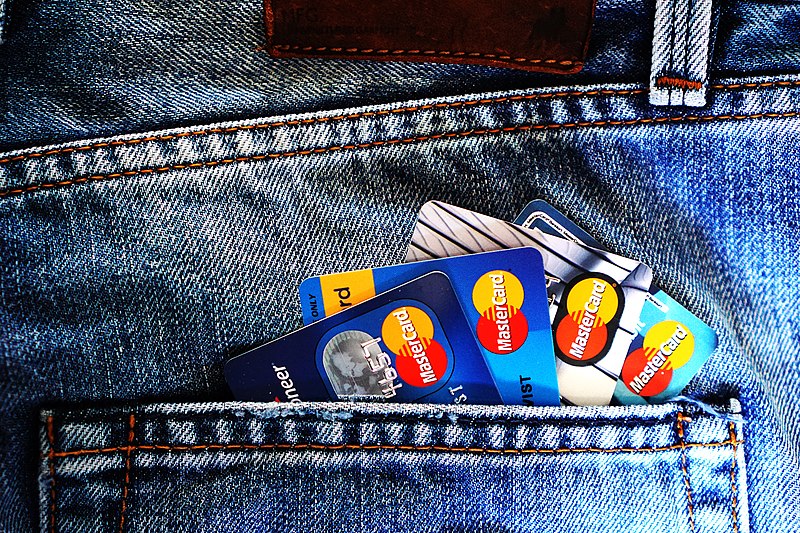Applying for an unsecured business loan is a straightforward process that helps borrowers easily acquire funds. Taking out these unsecured business loans can be beneficial, but it is important to consider the costs of paying them back before you sign on the dotted line. You need to make sure that you will have the means to pay it back if you take out another loan to avoid getting into debt. To help you get started, here are eight things to consider when taking unsecured loans.
Credit Rating
One among the most important things to consider when applying for unsecured loans is your credit rating. Before you apply, you must try to get a copy of your latest credit report and ensure it is accurate. If there are inaccuracies in the information, dispute them with the agency that issued it. Having a good credit history makes it easier for you to qualify for unsecured loans and lower lenders’ interest rates.
On the other hand, if your credit record is not good, you may want to focus on improving it before taking out more debt.
Eligibility
You can apply for unsecured loans from banks and other lending institutions if you meet their eligibility criteria. They will take a look at your credit history, income, as well as whether you own any assets they can seize if you do not repay the loan. If your application is approved, ensure that you fully understand their terms and conditions before signing on the dotted line.
Terms of Loans
You should also make sure that you know the loan terms before you agree to them. Different lenders will offer different repayment options, so be sure to choose one that fits your individual financial needs. Some among the most common repayment plans are 12 months, 36 months, and 60 months. You can also negotiate with a lender if you cannot afford their repayment plan or are not suitable for your needs.
Extra Fees
While most lenders do not charge an application fee, others may require this payment. If your application is rejected, you will have to repay the money that you spent on fees. Other potential extra fees that you should know include late payment charges, early repayment charges, and status checks. You can avoid such charges by reading the fine print on your loan agreement and negotiating with a lender.
Loan to Income Ratio
Another thing that you need to really consider is your debt-to-income ratio. This percentage will show the lender how much your income goes towards paying back loans, so you should keep it as low as possible. This figure can also affect your credit rating, so it is important to consider it.
Understanding Fees
You must understand how much each of the fees associated with unsecured loans will cost you. When lenders agree to lend you money, they will charge a certain amount for this privilege.
Therefore, you need to know how much you will have to repay on top of your loan. You also need to know if there are any extra fees that you might not be aware of.
Understanding Loans
When getting a loan, understand everything about the agreement that you sign. Lenders will often try to explain those terms and conditions in a way that is easy to understand, but you might still be overwhelmed. If this happens, make sure to ask them for clarification and speak to a financial adviser if necessary. That way, you will avoid any unfortunate surprises in the future.
Debt to Income Ratio
Before applying for a loan, you must check your debt-to-income ratio. This will let you know how much your income goes towards repaying loans, so keep this ratio as low as possible.
Before applying for unsecured business loans, consider your credit score and eligibility. Remember all of these tips then you will have a better chance of getting unsecured loans that suit your financial needs.
Author: Alison Lurie

